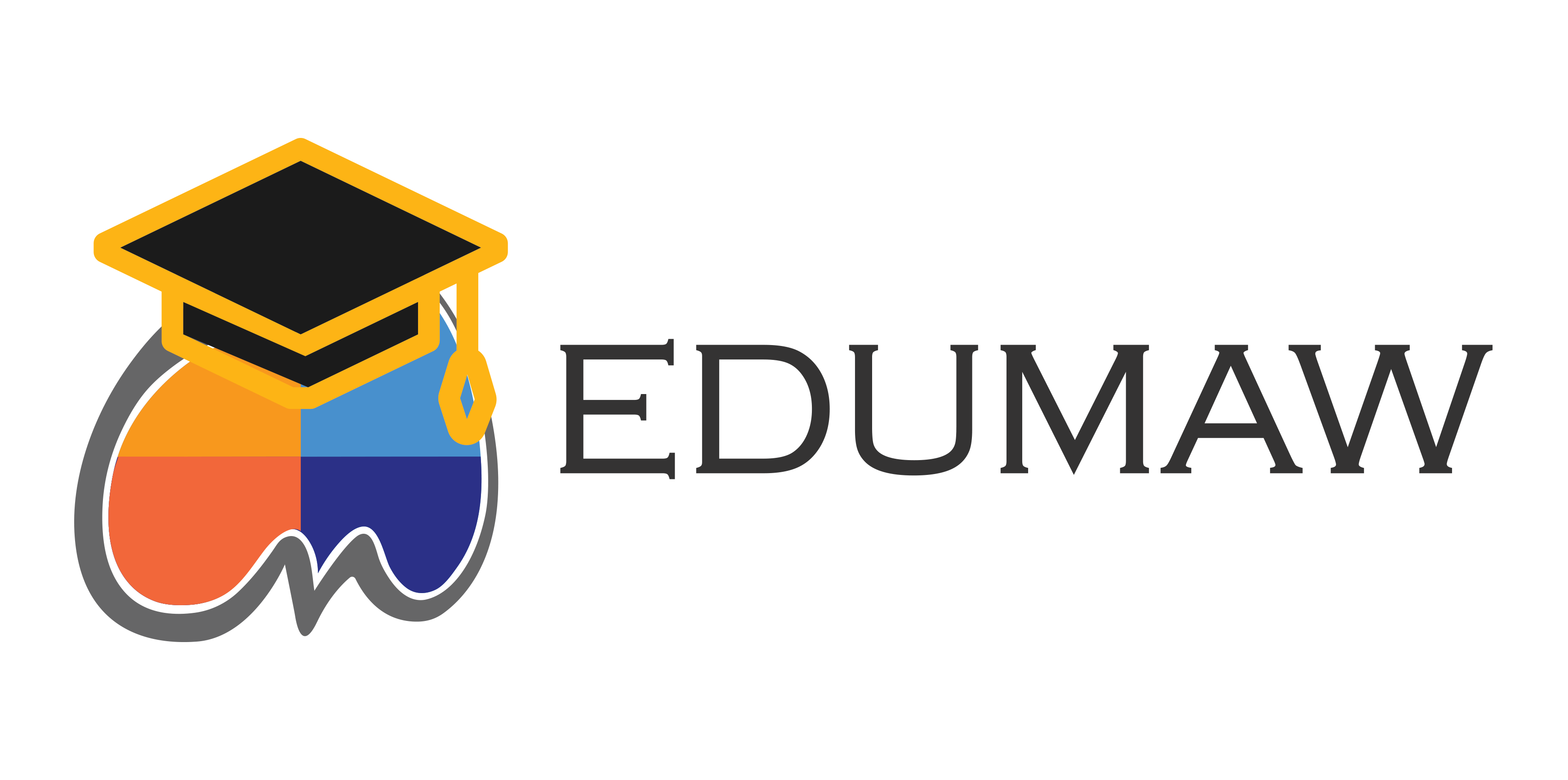
The Secret to Navigating Through Chaotic Costs with Dr. Michael A. Wright’s Insights
In toxic environments, it is easy to find ourselves tangled in a web of what Dr. Michael A. Wright refers to as “Chaotic Costs.” This innovative concept sheds light on the emotional turmoil—fear, worry, and anxiety—that often stem from worst-case scenario projections in both our professional and personal spheres. However, Wright’s philosophy doesn’t stop at merely identifying these chaotic costs; it offers a transformative approach to overcoming them. This blog post delves into the essence of chaotic costs and unravels strategies to redirect our focus toward a fulfilling and enjoyable life journey.
Understanding Chaotic Costs
Chaotic Costs are essentially the emotional investments and projections we place on future outcomes, often magnifying potential challenges and hurdles. In organizational settings, this might manifest as anxiety over potential project failures, financial losses, or operational disruptions. Personally, these costs can appear as fears related to job security, relationship stability, or general life uncertainties. These projections not only cloud our judgment but also rob us of the present moment’s peace, pushing us into a cycle of perpetual worry.
Embracing a Constructed Reality
The solution to navigating through chaotic costs, as proposed by Wright, is to cultivate and live within an intentionally constructed reality. This reality is not one of naivety or avoidance but of healthy, open engagement with what truly brings us happiness and fulfillment. It involves a deliberate practice of identifying and focusing on our joy sources, rather than being consumed by the potential costs of pursuing them. This mindset shift doesn’t mean ignoring the obstacles but rather acknowledging them as part of the journey and choosing to focus on the experiences and growth they bring.
The Path to Experiential Focus
Achieving an experiential focus in the face of chaotic costs requires a conscientious effort to redirect our thoughts and emotions. This process begins with recognizing the triggers that lead us to spiral into worst-case scenario thinking. Once these triggers are identified, we can employ strategies such as mindfulness, strategic planning, and positive reaffirmation to maintain our focus on the present moment and the joys it can bring. Additionally, building a support system of individuals who share this mindset or understand this journey can provide an added layer of resilience against the chaos.
Living the Restaurant Philosophy
Dr. Wright beautifully analogizes this approach to our experiences at a high-quality restaurant. When we dine at such an establishment, our focus is not on the bill that will come at the end but on the immersive experience—the ambiance, the service, quality of food, and the company we’re with. Applying this “restaurant philosophy” to our lives encourages us to embrace and enjoy our experiences without being preoccupied with the “cost.” It’s about savoring the moments that make life rich and fulfilling, treating challenges as part of the price we pay for a meaningful existence.
Conclusion
Chaotic costs, as conceptualized by Dr. Michael A. Wright, are a universal part of the human experience in a world of YOUR making. By recognizing your power and intentionally constructing a reality where joy, fulfillment, and experience take center stage, you navigate through these costs without being capsized by them. It is a journey of recognizing that while the costs are part of the process, they should not overshadow the experience of living. By keeping our eyes on what truly matters and choosing joy, we enhance our personal and professional lives. We also cultivate a deeper sense of peace and satisfaction. As we learn to live in happiness (life) rather than fussing over the chaotic costs (still life), we unlock a more enjoyable and meaningful existence.
